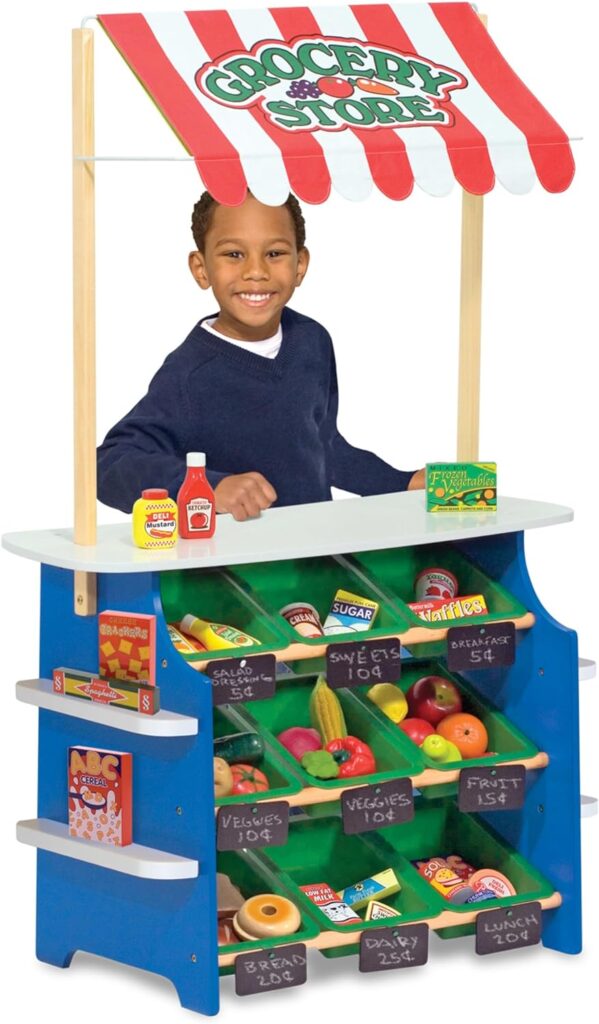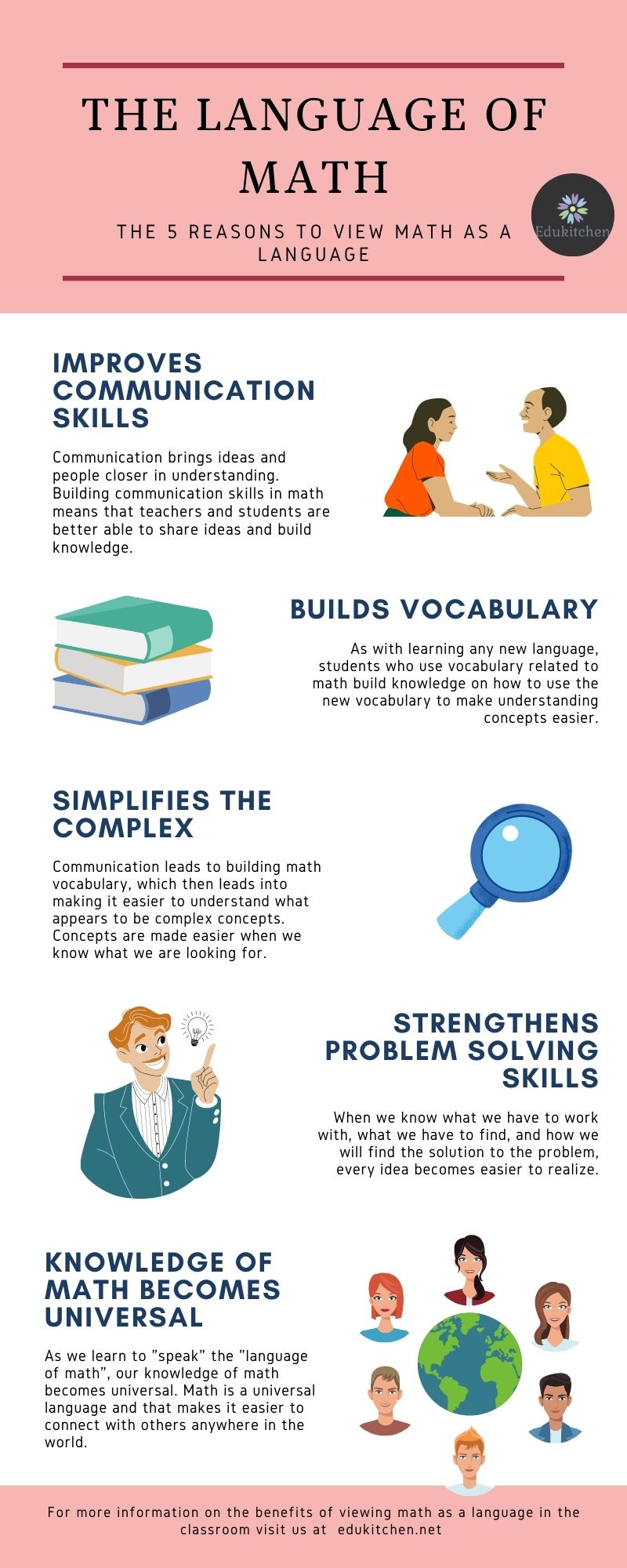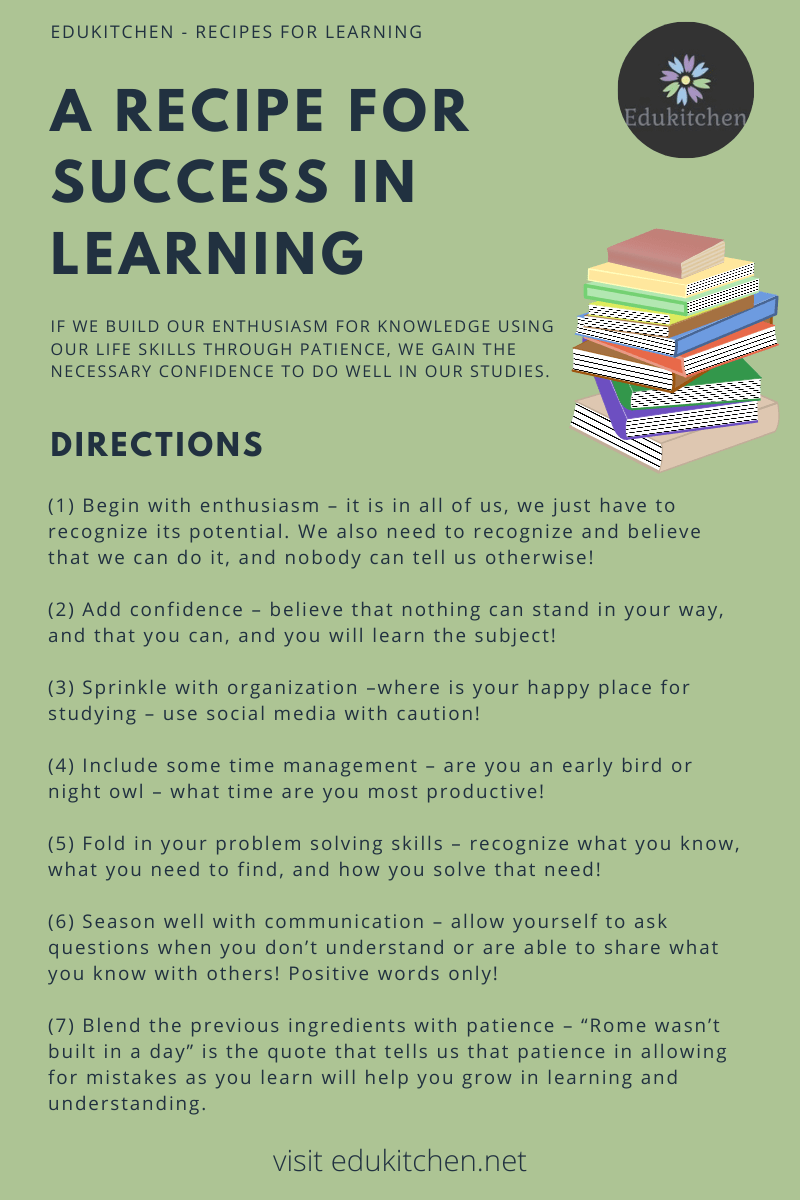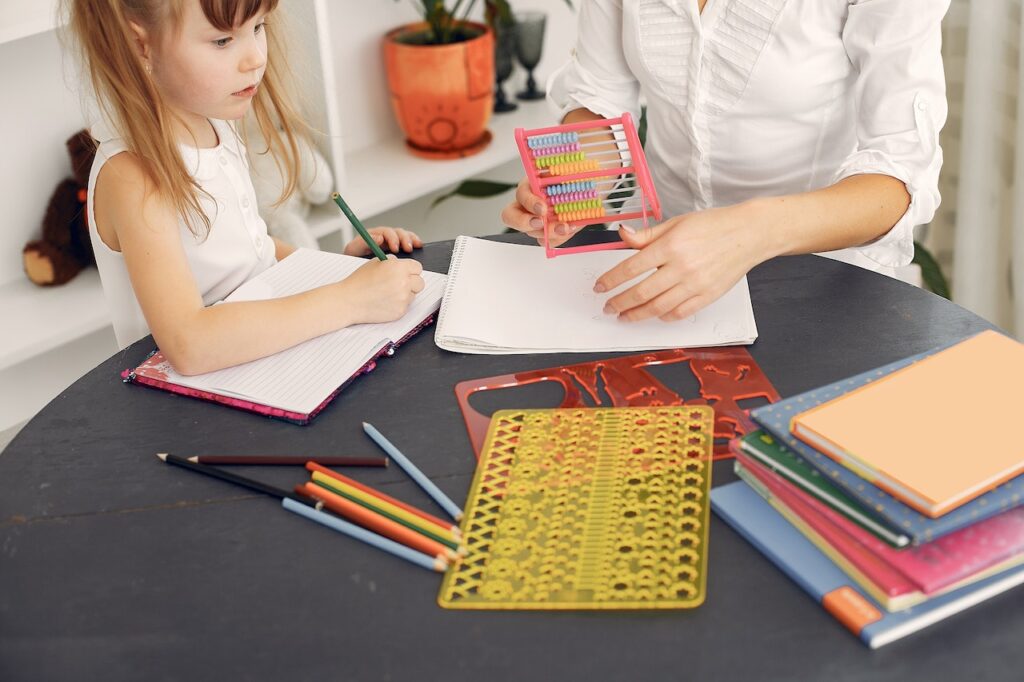In this article, we’ll explore five ways to improve math skills in children, making learning more engaging, accessible, and fun. With the right support and resources, you can help your child develop a love for math that lasts a lifetime.

Whether your child struggles with basic concepts or just needs a bit more practice to excel, there are practical and effective strategies you can use to help them improve.
Math can sometimes be a challenging subject for children, but with the right approach, it can become an enjoyable and rewarding part of their learning journey. Building strong math skills early on lays the foundation for future academic success and boosts confidence in problem-solving.
Download our presentation that looks at helping children improve memory skills in math as part of an overall approach to helping children in the homeschool classroom improve their math skills.

Use this presentation as a learning tool to help children recognize their strengths in building memory skills.
Click to view this and other selections of digital products
Math in the Real World
This blog contains affiliate links to highlighted websites and/or resources. By clicking on the link and making a purchase we may earn a small commission at no extra cost to you. Click here for full disclosure.
One way children can connect with math inthe real world is through play. Setting up a “grocery store” type play area can help children build their financial literacy.
The Melissa and Doug grocery store helps children set up their own prices as they sell their groceries or lemons from their lemonade stand.

Improve Math Skills Video
Watch our video and let us know in the comments below (or on our YouTube channel) if you agree with our tips on helping students to improve their math learning skills.
Now on to the tips!
5 Ways to Improve Math Skills in Children
The five tips are below. We hope teachers and parents will also find these tips useful when encouraging students to improve their math
I. Enjoy Math Outside The Classroom
Try not to see math as a subject you have to learn in the classroom, but as it appears in every day life outside the classroom!
You can learn to enjoy math if you see it as just a part of everyday activities, like with shopping, cooking, or counting how many steps it takes from your couch to the refrigerator!
How many steps did you take today?

It’s also important to know when spending money so that you don’t end up paying too much!
II. Math As a Way To Connect With Others
Math is often seen as a solitary subject, but it can also serve as a powerful tool for connection and collaboration. Whether it’s working through a problem together, discussing strategies, or sharing a moment of discovery, math offers countless opportunities for building relationships.

In homeschooling, math can become a bonding experience between parents and children as they solve problems side by side and celebrate small victories together. In group learning environments, it encourages teamwork, communication, and the exchange of ideas, fostering a sense of community.
By approaching math as a shared journey, children not only improve their skills but also learn the value of collaboration and mutual support—important lessons that extend far beyond the classroom.
III. Find Math Support Networks
Just as with other matters in life, we could all use a little help when we are not sure as to how to solve math problems.

Finding support networks can make the pressures of learning easier when you work with others, whether it be in the classroom or online.
IV. See Math As A Language!
Seeing math as a language opens up a whole new way of understanding and engaging with the subject. Just like any language, math has its own symbols, rules, and structure that communicate ideas, solve problems, and express relationships.

When children begin to view math this way, they start to see patterns, connections, and logic in a more intuitive manner, making complex concepts less intimidating. Just as we learn to speak, read, and write in a new language, mastering math becomes a process of learning how to “speak” in equations, interpret graphs, and translate real-world problems into mathematical terms.
This perspective not only makes math more accessible, but it also shows students that it’s not just about numbers—it’s a universal tool for understanding and describing the world around them.
V. Share Math Knowledge
Sharing math knowledge with other homeschool families can be a wonderful way to build a sense of community and enhance the learning experience for everyone involved. When parents exchange teaching strategies, resources, and ideas, they create a supportive network that can help overcome common challenges and inspire new approaches.

Whether through informal study groups, collaborative lessons, or simply sharing helpful tools like math videos or worksheets, this exchange allows families to learn from one another’s successes and experiences.
Additionally, it fosters a sense of camaraderie, reminding everyone that they’re not alone on the homeschooling journey. By pooling resources and expertise, homeschool families can enrich their children’s math education, making it more dynamic, diverse, and engaging.
Related Topics
Check out our other articles related to math teaching and learning.
- The Benefits to Using Spark Math for Homeschoolers
- Teaching Math as a Language to Children
- 5 Ways to Support Children Struggling with Math Anxiety
- Why Math Can Be Really Hard for Children
- Tips to Problem Solving in Math for Homeschool Learning
- Make Learning Fractions Fun With our Fraction Templates
Join Our Newsletter Community Today!

Final Thoughts…
In my 20 years of teaching maths I always encourage students to see the benefits to maths.
Students appreciate math more if it’s practical – like learning about it as it comes to money, and would like to see more.
As teachers we need to peak students’ curiosity and it’s always important to keep them involved.
Part of the steps to becoming better in maths, I believe, starts with a positive mindset. Once we have this positive mindset, we can remember and enjoy these simple tips to improving math skills.
Share Your Thoughts
Do you agree with our tips? What tips do you recommend people use with math learning? Let us know in the comments below!



